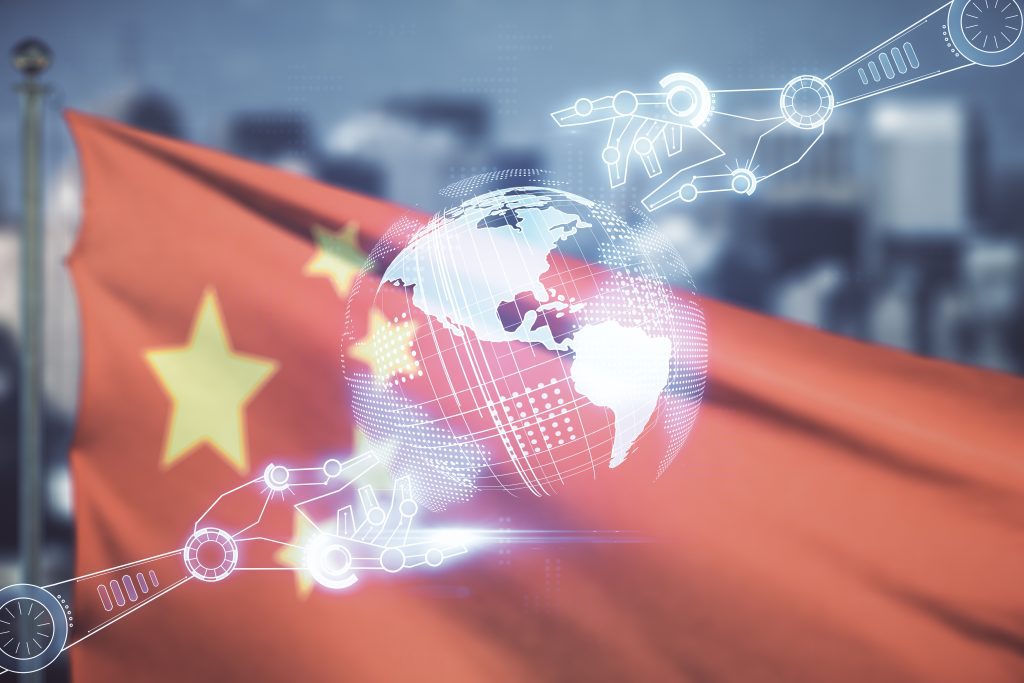
































In the wake of China's commitment to modernise its industrial system and foster new productive forces, the artificial intelligence (AI) industry is poised for significant growth. The ongoing 'two sessions,' annual meetings of the National People's Congress (NPC) and the National Committee of the Chinese People's Political Consultative Conference (CPPCC), have brought to light key concerns surrounding computing power, storage capacity, and AI-related security.
Building Computing Power:
Luo Yunfeng, an NPC deputy and Mayor of Hefei, emphasised the pivotal role of computing power as the foundation of the AI industry. Hefei, renowned for its sci-tech innovation, has spearheaded the cultivation of an AI ecosystem, boasting approximately 2,400 AI-related enterprises covering diverse fields. Efforts are underway to accelerate the construction of computing power centers and expand key areas of the AI industry, including intelligent model algorithms, robots, and chips, aligning with the nation's accelerated pace of industrial modernisation.
Enhancing Data Storage:
Feng Dan, an NPC deputy and Dean of the School of Computer Science and Technology at Huazhong University of Science and Technology, underscored the importance of massive data support for AI applications in fields such as medical imaging and drug development. Highlighting the interdependence of memory, storage systems, and national security, Feng called for coordinated development of computing power and data storage. Policy formulations guiding AI computing infrastructure development are essential to overcome challenges arising from insufficient AI data storage and the existing imbalance between storage and computing power.
Ensuring AI Security:
NPC deputy Min Weidong, a professor at Nanchang University, acknowledged the challenges in regulating AI technology and proposed the formulation of laws and ethical codes. The focus is on clarifying the limits and obligations of AI and AI algorithms, ensuring public safety and interests are protected. Strengthening international cooperation and standardisation is deemed necessary to establish a global consensus on ethical norms and a governance framework. Zhou Hongyi, a CPPCC National Committee member and Chairman of Qihoo 360, emphasised the foundational role of digital security in the digital economy, advocating for the development of public-service digital security infrastructure at national, industrial, and city levels.
 Hot Tags :
Artificial Intelligence
Cybersecurity
Data governance
Hot Tags :
Artificial Intelligence
Cybersecurity
Data governance